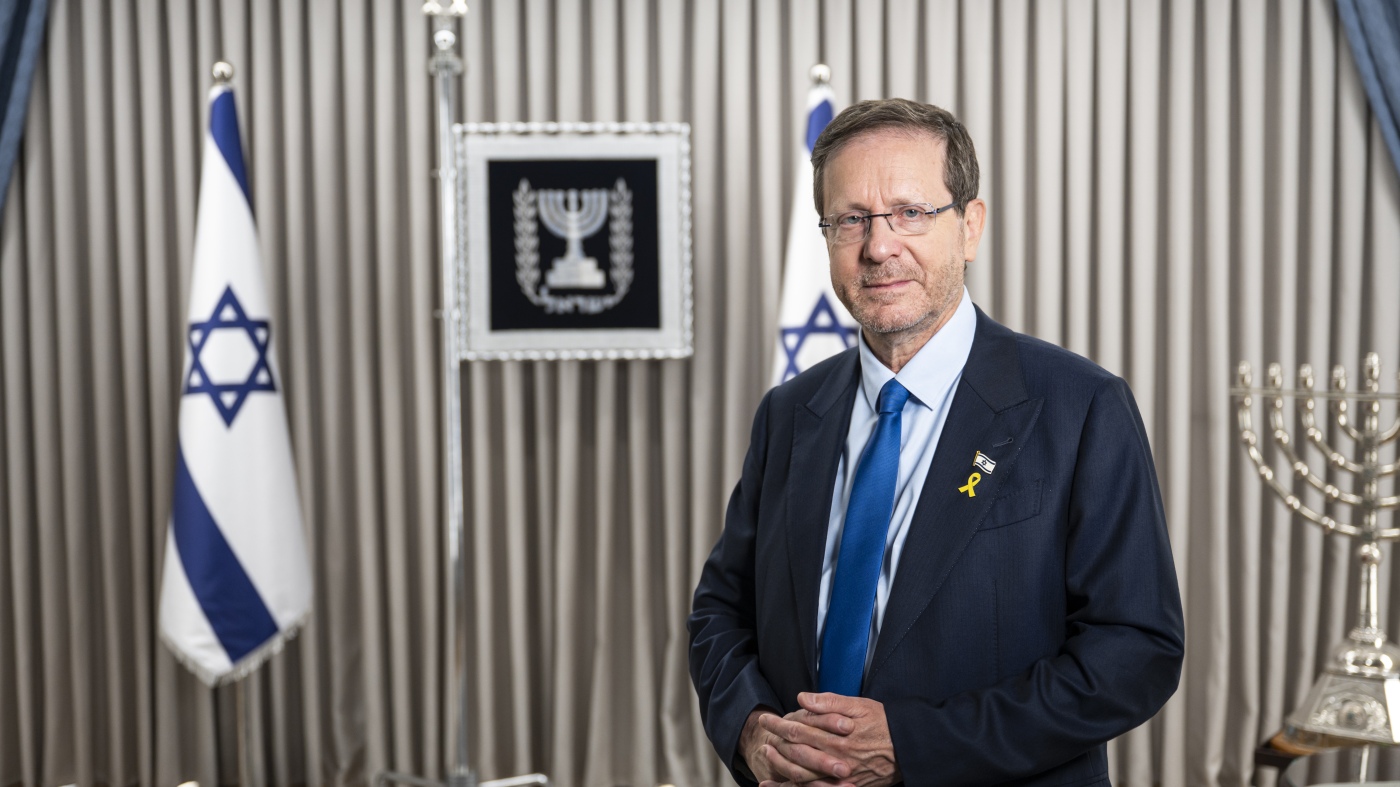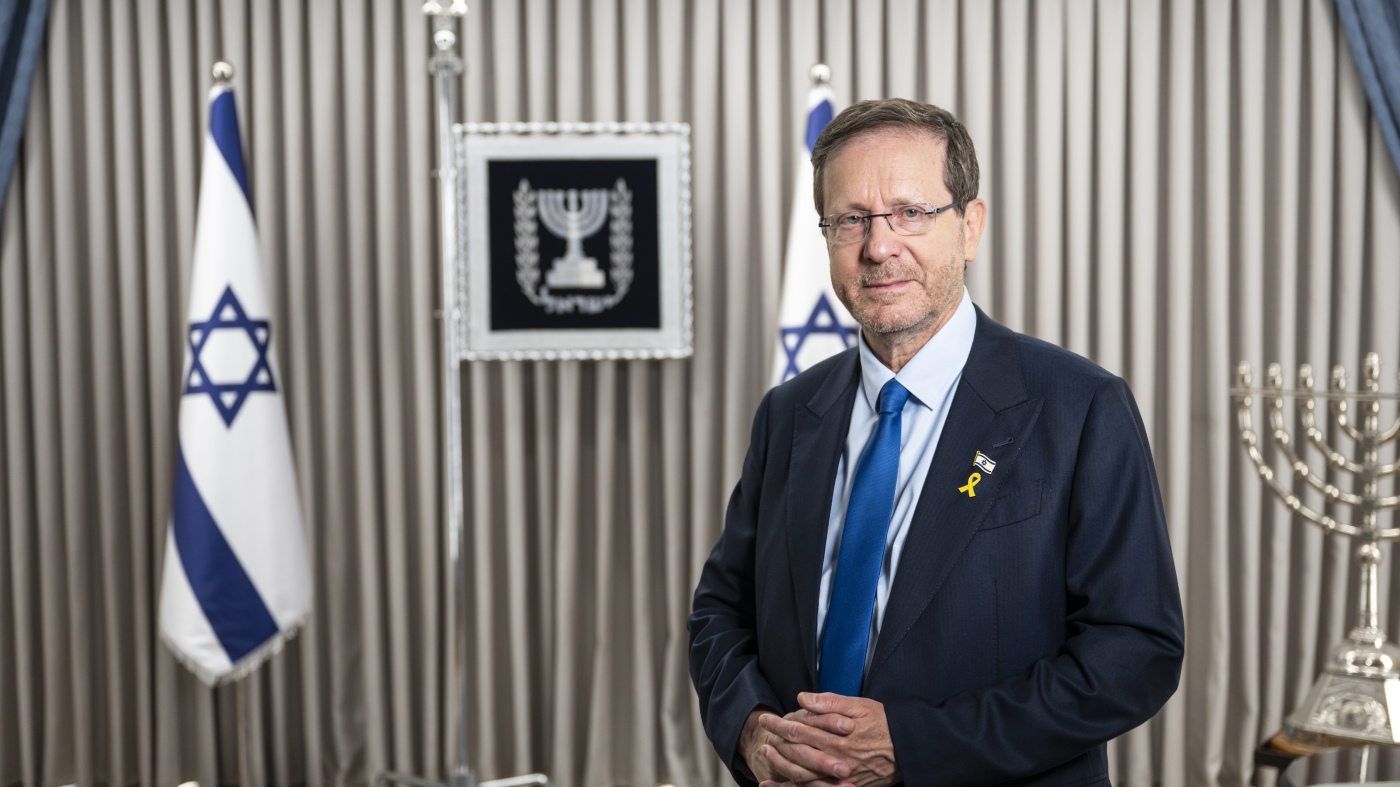The Escalating Conflict: Israel, Iran, and the Nuclear Question
A Direct Appeal for International Intervention
President Isaac Herzog’s repeated statements to NPR and other news outlets mark a pivotal moment in the escalating conflict between Israel and Iran. Israel’s clear and direct appeal for international assistance, particularly from the United States, underscores a significant shift in its strategic posture. This appeal is not merely for diplomatic support but for active military involvement in targeting Iran’s nuclear sites. The frequency and consistency of this message across multiple reports highlight its central importance to Israel’s current strategy.
Israel’s call for intervention signals a departure from its traditionally ambiguous stance on potential strikes against Iran. By openly soliciting external involvement, Israel aims to garner international legitimacy and support for its actions. This strategy is evident in the deliberate and widespread dissemination of Herzog’s message, indicating a coordinated effort to influence global opinion and secure crucial backing.
The US Role: A Balancing Act and Shifting Sands
The United States finds itself in a delicate position, attempting to balance its commitment to Israel’s security with its desire to avoid a broader regional conflict. Under President Biden, the US has publicly opposed strikes on Iran’s nuclear program, contrasting with the more hawkish rhetoric of the Trump administration. However, the internal debate within the US government reveals a complex landscape of policy and potential action.
During the Trump presidency, the possibility of direct US military action, including the deployment of B-2 bombers equipped with bunker-busting bombs, was actively considered. The current administration’s opposition to strikes is tempered by the recognition of Israel’s need for support. Prime Minister Netanyahu’s assurances to President Biden, that Israel would avoid attacking energy or nuclear sites while reserving the right to make independent decisions, illustrate the intricate dance of diplomacy and strategic maneuvering.
The US’s historical role as a guarantor of Israel’s security and its influence on the global stage make its position pivotal. Israel understands that international legitimacy for its actions hinges significantly on Washington’s backing. The US’s internal divisions and shifting policies add layers of uncertainty to the situation, making its role both crucial and precarious.
Israel’s Capabilities and the Need for Support
Israel’s belief that it needs assistance to effectively neutralize Iran’s nuclear program is rooted in the sophisticated and heavily fortified nature of Iran’s nuclear facilities. While Israel possesses a sophisticated military and a history of successful covert operations, its ability to unilaterally and completely destroy Iran’s deeply buried nuclear facilities is questionable. These facilities are designed to withstand attacks and are dispersed across a vast geographical area, making them challenging targets.
The reports emphasize that Israel lacks the specific weaponry, such as bunker-busting bombs possessed by the US, necessary to reliably destroy these hardened sites. This reliance on US capabilities is a key driver behind Israel’s public appeal for support. Furthermore, a unilateral Israeli strike carries significant risks, including potential international isolation and escalation of the conflict. Israel’s strategic calculus must weigh these risks against the potential benefits of securing international backing.
Iran’s Response and the Cycle of Retaliation
Iran’s swift and direct response to the initial Israeli attack demonstrates its willingness to retaliate, highlighting the dangerous escalation of the conflict. The exchange of attacks, including Iran’s targeting of Israeli infrastructure, underscores the high stakes involved and the potential for miscalculation. Iran views Israel’s actions as a direct assault on its sovereignty and a threat to its national security, fueling a dangerous cycle of retaliation.
This reciprocal action increases the risk of a broader regional war, with potentially devastating consequences. The attack on Iran’s nuclear program and the subsequent Iranian response underscore the need for careful diplomacy and strategic planning to avoid a full-blown conflict. The cycle of retaliation must be broken to prevent further escalation and to pave the way for a more stable and secure region.
The Shifting Landscape of Attack Strategies
The strategies for a potential Israeli attack on Iran’s nuclear program have evolved over time, reflecting ongoing intelligence gathering, strategic planning, and adaptation to changing circumstances. The discussion surrounding Donald Trump’s consideration of a US strike in the past and the more recent focus on Israel’s capabilities and limitations demonstrate a dynamic assessment of the situation.
The fact that the conversation around how Israel could attack has “transformed in the last nine months” suggests a continuous evaluation of the best approaches and tactics. Netanyahu’s statements, while reassuring to the US, simultaneously reaffirm Israel’s determination to eliminate the threat posed by Iran’s nuclear ambitions. This suggests a willingness to act independently if necessary, even in the face of US opposition.
The Broader Regional Implications
The conflict between Israel and Iran has far-reaching implications for the Middle East and beyond. A wider war could destabilize the region, drawing in other actors and exacerbating existing conflicts. The potential disruption of oil supplies could have global economic consequences, affecting markets and economies worldwide.
The situation also raises questions about the future of the Iran nuclear deal, which has been the subject of intense debate and negotiation for years. The current escalation makes a return to the deal or the negotiation of a new agreement increasingly unlikely, further complicating the geopolitical landscape. The broader regional implications underscore the need for a careful and considered approach to resolving the conflict.
A Precipice of Uncertainty
The current situation represents a dangerous precipice. Israel’s explicit call for international support, coupled with its demonstrated willingness to act against Iran’s nuclear program, creates a volatile environment. The US’s internal divisions and shifting policies add to the uncertainty, making the outcome of this crisis unpredictable.
The cycle of retaliation between Israel and Iran risks spiraling out of control, potentially igniting a wider regional conflict. The world watches, bracing for a potential escalation that could have devastating consequences. The outcome of this crisis will not only determine the future of Iran’s nuclear program but also reshape the geopolitical landscape of the Middle East for years to come. The path forward requires careful diplomacy, strategic planning, and a commitment to avoiding further escalation.








